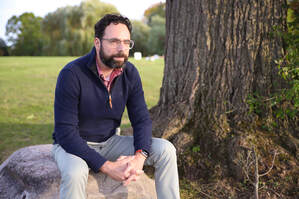 Listen to the episode by clicking the link to your preferred podcast platform below: Daniel Bauer has mentored thousands of school leaders through his Better Leaders Better Schools blog, books, podcast, and powerful coaching experiences. His newest book “Mastermind: Unlocking Talent Within Every School Leader” is one we’re talking about today. Past & Present Daniel Bauer’s freedom dream is one where everyone gets a free, high-quality experience in education. He recalls the school he used to attend as a kid had hidden inequity that not every student noticed. But Daniel did. He wondered why students that didn’t look like him were missing in his classes. Now as an adult, he realizes that there are actions we can take to get more diversity and more equity in the classroom. We can dismantle those systems that are prioritizing some students over others. One step we can take towards a better quality education is to be more aware of our own bias. None of us are free of bias and that’s an important thing to recognize. We can choose to be responsible for changing our ways and work on eliminating old biases while we look out for new ones. Another thing Daniel recommends doing is to pick up some new books to read. Reading for professional development is fun and a valid way to grow the mind. Try out “Unconscious Bias” by Tiffany Jana for practical advice and activities. Speaking of book recommendations, let's talk about Daniel’s new book. Why a Mastermind Will Change Your Life It is called “Mastermind: Unlocking Talent Within Every School Leader”. His book reimagines what professional development for school administrators looks like in order to meet the needs of all school leaders. After reading this, you may be thinking “How did I ever go this long without jumping in a mastermind group?”. Usually, as teachers, we put many others before ourselves because we want to make a positive impact. But did you know that your impact could be exponentially bigger by working with a coach who specializes in what you do and what you’re trying to master? Just to be clear, a mastermind refers to a group of people, usually in the same field, who meet regularly to help each other succeed. Having mentorship through a mastermind is highly beneficial for a number of reasons. The first is that there are members who will relate to your own goals or troubles. They’ll understand what your work environment is like. Secondly, the coach in the group can help you identify areas for growth and what could bring more success for you and your students. Finally, anyone can give you tools and help you implement it. You’ll get the support you need while learning new skills. The value of that is completely worth the price of coaches and masterminds. “I have a motto that I live by: Everybody wins when you get better. You owe it to your community to do that too.” Powerful Strategies + Diverse Thinking In Daniel’s mastermind program, he focuses on what he calls the ABCs of powerful professional development: Authenticity, Belonging, and Challenge. Frequently, leaders in the mastermind will have to take turns facilitating and leading the group. It presents a good challenge while also amplifying more voices. The group will also read books together and discuss the strategies presented. The great thing about masterminds is that you get to present your questions and problems to your group and you receive feedback that—speaking from my own mastermind experience—is game-changing. Imagine getting a solution to something after weeks or months of struggling with it on your own. Everyone brings something new to the group because of their personal experiences and knowledge. Curious on whether it’s all worth it? Well, Daniel shared that one of his mastermind students had incredible success after executing what he learned in the mastermind. Scott, who was in the mastermind, heard all about “sticky core values”. He decided to apply that method with his own school and said “It changed everything.” His school, already performing well, soared to excellence because of those ideas from the mastermind coming to life. “The sticky core values is just one thing he’s taken action on, regarding what I teach in the mastermind; But he does that time and time again. And you can see just from a career trajectory, right, that it’s working for him. So that’s exciting.” To close, masterminds are not a new concept. They’ve been around for centuries. Some of the most successful people in history have been a part of a mastermind. Whether or not that term was used, the concept remains the same. Something you could do at this moment to get the ball rolling is to set an intention on how you want to develop yourself this upcoming year. I hope this episode has inspired you to come together with others and make some amazing strides in your life and work. Continue the conversation below in the comment section and join our community of educational visionaries on Instagram, LinkedIn, and Facebook. Until next time leaders, continue to think big, act brave, and be your best self.
0 Comments
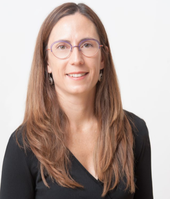 Listen to the episode by clicking the link to your preferred podcast platform below: Dr. Lorea Martinez is the founder of Heart in Mind Consulting—a company dedicated to helping schools and organizations integrate Social-Emotional Learning in their practices, products, and learning communities. She has worked with schools, districts, and organizations to guide SEL implementation efforts, including training teachers and leadership teams. An educator who has worked with children and adults internationally, Dr. Martinez is currently a faculty member at Columbia University Teachers College educating principals in SEL. She currently lives in the San Francisco Bay Area with her husband and two daughters. SEL Considers the Whole Human Isn’t it a bit odd that traditionally in school, children and young adults are thought of only in relation to their performance or their productivity? If you feel like students deserve spaces in school to feel seen, heard, and supported, it’s time to bring in more social emotional learning. SEL gets teachers, admin, and leaders to practice seeing students as well as themselves as a whole human with needs. As a result, students who have their emotional and mental wellbeing taken care of show more progress and achievements in their academic goals. Aligning Our Teaching with Students' Emotions Social emotional learning is becoming more widely used in schools nowadays because the research really shows that learning and emotional development have a strong connection. Dr. Martinez’s book goes through all aspects of SEL including the misconceptions people have. One of those misconceptions is that it only applies to students. But students learn from teachers and teachers set the best example when it comes to talking about their emotions and what tools they are using to process. So it’s critical that we model those lessons so that our students can employ these skills as well. One challenge for educators is to bring out students' curiosity. Curiosity is a complementary emotion for the classroom because it means the mind is open and ready to receive information. Boredom however, is combative to receiving information. So when conducting lessons, you really have to ask yourself whether you’re aligning the emotions you want your students to have with your pedagogy and the type of content you’re sharing. “The brain doesn’t pay attention to things we don’t care about. And that is not students “being difficult”. That is just neuroscience, right?..So a way to counteract that, as a teacher, is really connecting what you are teaching with students' interests, with students’ passions, and then providing a choice.” You can engage in more equity using SEL because you’re more likely to be aware of social and emotional dynamics and structures that are disproportionately affecting certain students. SEL is naturally going to get us closer to social justice and equity. More educators would advocate for more opportunities for disadvantaged students. More students would be able to show up as their best selves every day. When it comes to classroom policies and school-wide changes, ask yourself whether these things are really supporting student success. If it’s not or if it’s making it harder for students to succeed, it doesn’t belong there. “SEL is not a destination...SEL is the vehicle to get us somewhere...And I believe that that place should be infused with equity and social justice.” If we can get more schools to recognize the holistic needs of students, they’ll naturally be able to turn their attention to excelling in their projects and classes. Continue the conversation below in the comment section and join our community of educational visionaries on Instagram, LinkedIn, and Facebook. Until next time leaders, continue to think big, act brave, and be your best self. 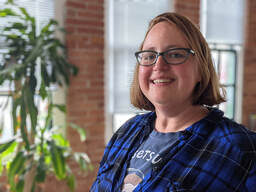 Listen to the episode by clicking the link to your preferred podcast platform below: On the show this week, I am talking with Dr. Sara Frost, optimist, scholar, and program operations manager for a non-profit. We are discussing what being an optimist means, the mindset shift needed to remain optimistic when faced with challenges, and why play-makers are so important for children. Playmakers Make Learning Special A “Playmaker” is a teacher who builds life changing relationships with kids and who helps them shine. Dr. Frost says that her big dream grounded in the critique of injustice is getting to a place where every single child has access to a high quality education. This includes providing them with the right tools and a Playmaker to help them accomplish their dreams. In addition, organizational leaders have a responsibility to promote optimism whenever possible because optimism is a magic ingredient that drives positive results. “If we have an environment where people feel like they can be optimistic, both the organization and the employees can benefit.” If you’re wondering where to find these people called “playmakers”, you won’t have to go far. Any coach, childhood education professional, teacher, or anyone else that works with kids can be a playmaker. We all have the potential to give children an environment that helps them feel empowered and ready to learn valuable skills. Don’t forget that optimism is what distinguishes these individuals as a true playmaker. To be a more optimistic person, there’s a certain reframing that needs to happen within. We need to start looking at the glass as half full even when things aren’t perfect. “Creating a world where optimists and optimism can exist is practicing that reframe. We should question, get curious, and think about how we can turn “I can’t” into “I can”.” Toxic Positivity vs Optimism Toxic positivity is something that can get mixed up in the thoughts around what it means to be more optimistic. Toxic positivity is the belief that no matter how dire or difficult a situation is, people should maintain a positive mindset. This approach will invalid the full spectrum of human emotions and experience. But optimism itself is the ability to see, feel, and focus on the good in yourself, in others, and in the world around you regardless of the circumstances. Optimism doesn’t want you to overlook the hard things. You need to acknowledge that they’re there in order to think about how to overcome them. So recognize the obstacles, allow yourself to feel whatever emotions come through, and then find the good. Focus on what you can change or control. One of the ways in which everyone was challenged mentally and emotionally recently was the start of COVID last year. 2020 was a difficult year for so many of us. There was a lot of fear, anxiety, trauma, and grief as this virus impacted families and took lives. Not to mention, indoor quarantining was a drastic change in our routines. The fear is still there as we attempt to open things up. Just remember that taking care of your body, mind, and spirit will make all the difference when wanting to stay optimistic. Be sure to make optimism a practice not just an idea or a wish. Practice putting a new lens on the situations or thoughts coming up. It gets easier the more you do it. In addition to the free "Get to Good" worksheet shared below, Life is Good Playmakers is offering a discount for listeners to get $10 off the Playmaker 101 course. Use the code: TEACHERSHIP21. Continue the conversation below in the comment section and join our community of educational visionaries on Instagram, LinkedIn, and Facebook. Until next time leaders, continue to think big, act brave, and be your best self. Listen to the episode by clicking the link to your preferred podcast platform below: Welcome to season 2 of the “Time for Teachership” podcast! Our first season has been a blast to produce and record. There are so many great moments from the show to look back on. Our first episode ever is still the one with the most downloads. If you haven’t heard it, it’s called “Creating a Culture of Coaching with Romain Bertrand” and I highly recommend you give it a listen. If you’re curious about Season 2’s upcoming content, you can expect to hear about efficient planning practices, shared leadership, and how to take better care of ourselves as leaders. I’m planning on decreasing the amount of solo shows to make even more space for new voices. We’re going to be bringing on more leaders, students, and families alongside the coaches and teachers to better represent the diverse roles of our audience. Students and families are at the core of what makes a school unique and it’s about time we include them in big discussions regarding education, equity, and curriculum. I’m so excited to see what you all think of Season 2. Thank you so much for supporting this show. Please leave a review so I can keep delivering episodes you love. See you next week! |
Details
For transcripts of episodes (and the option to search for terms in transcripts), click here!
Time for Teachership is now a proud member of the...AuthorLindsay Lyons (she/her) is an educational justice coach who works with teachers and school leaders to inspire educational innovation for racial and gender justice, design curricula grounded in student voice, and build capacity for shared leadership. Lindsay taught in NYC public schools, holds a PhD in Leadership and Change, and is the founder of the educational blog and podcast, Time for Teachership. Archives
May 2024
Categories |
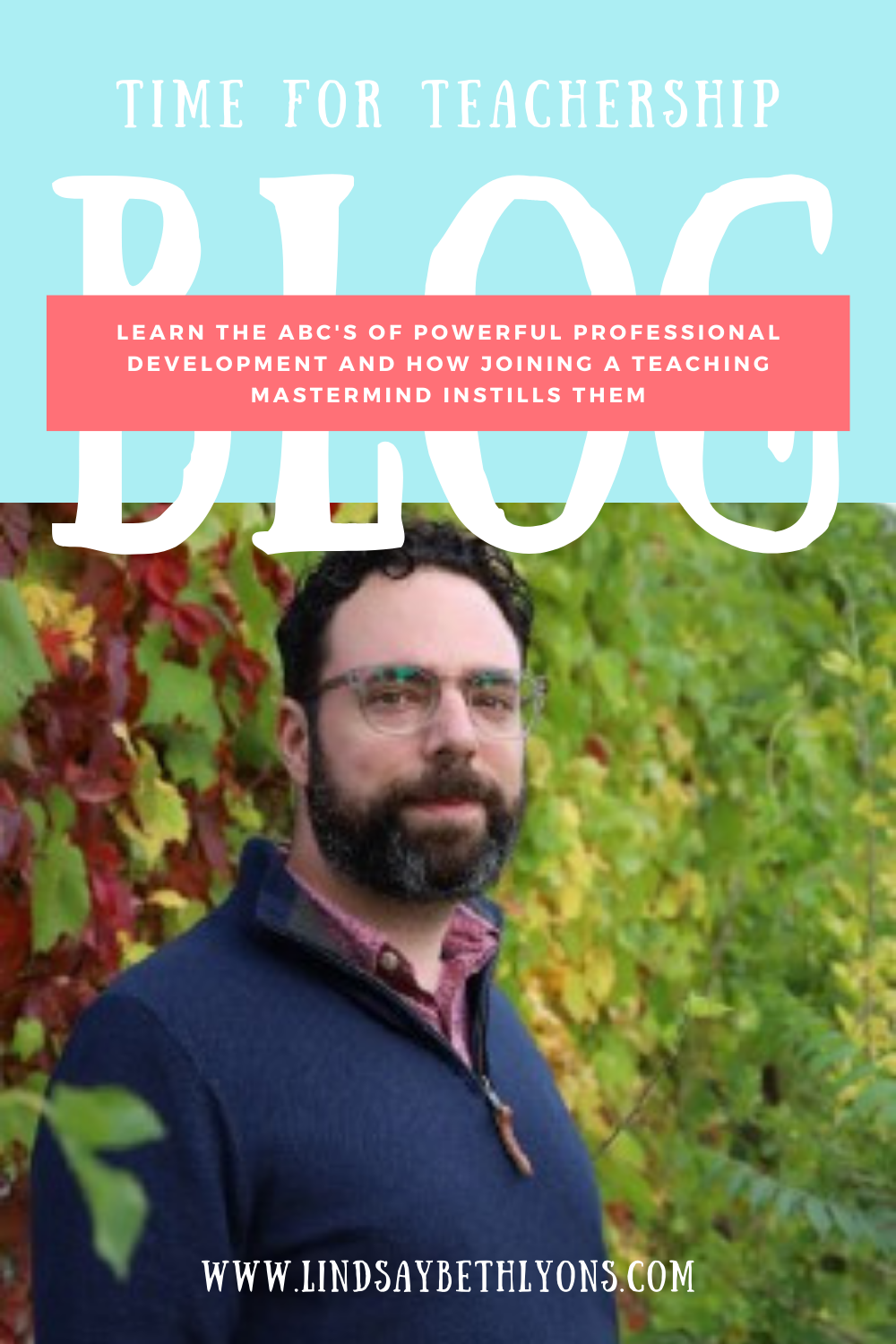
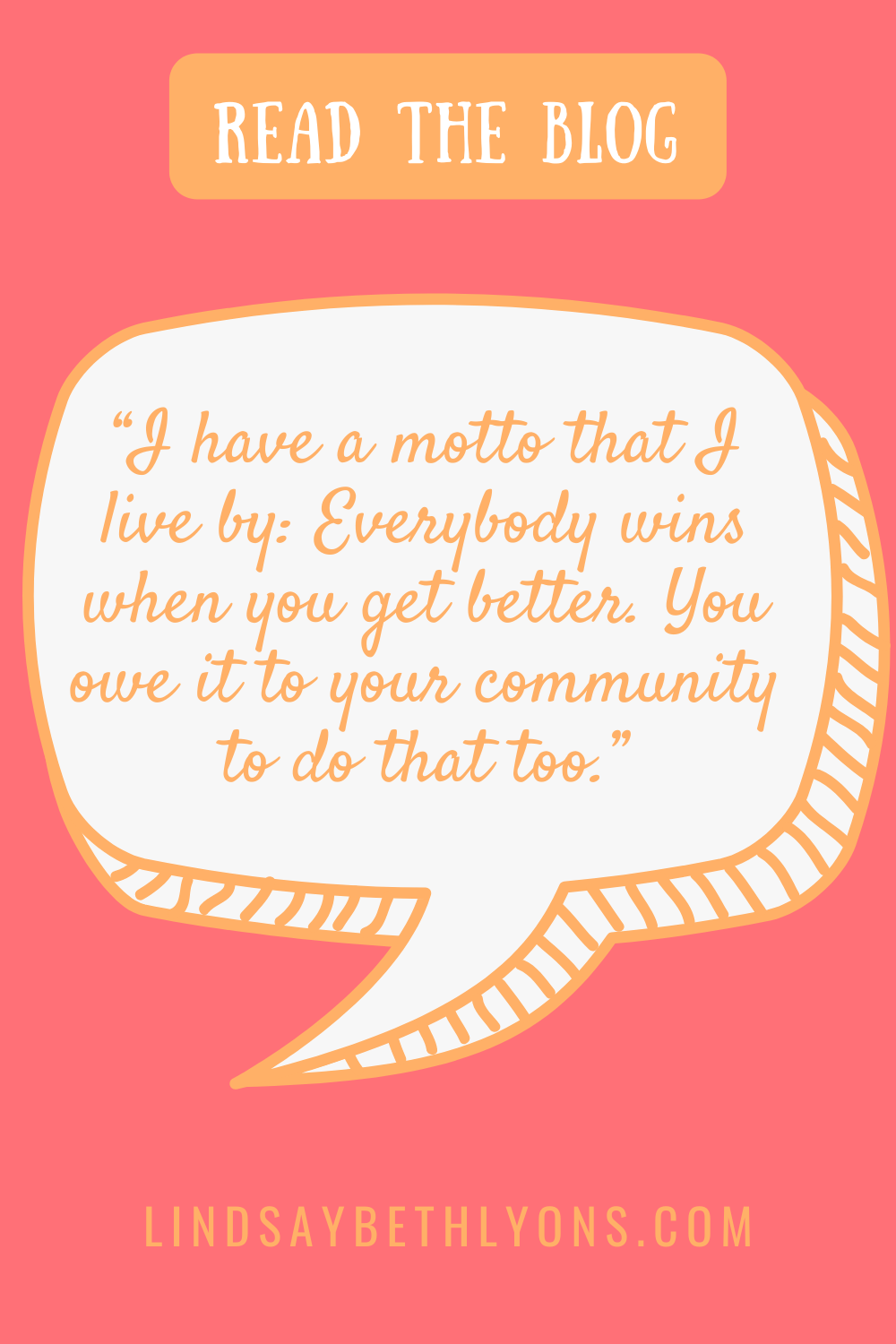
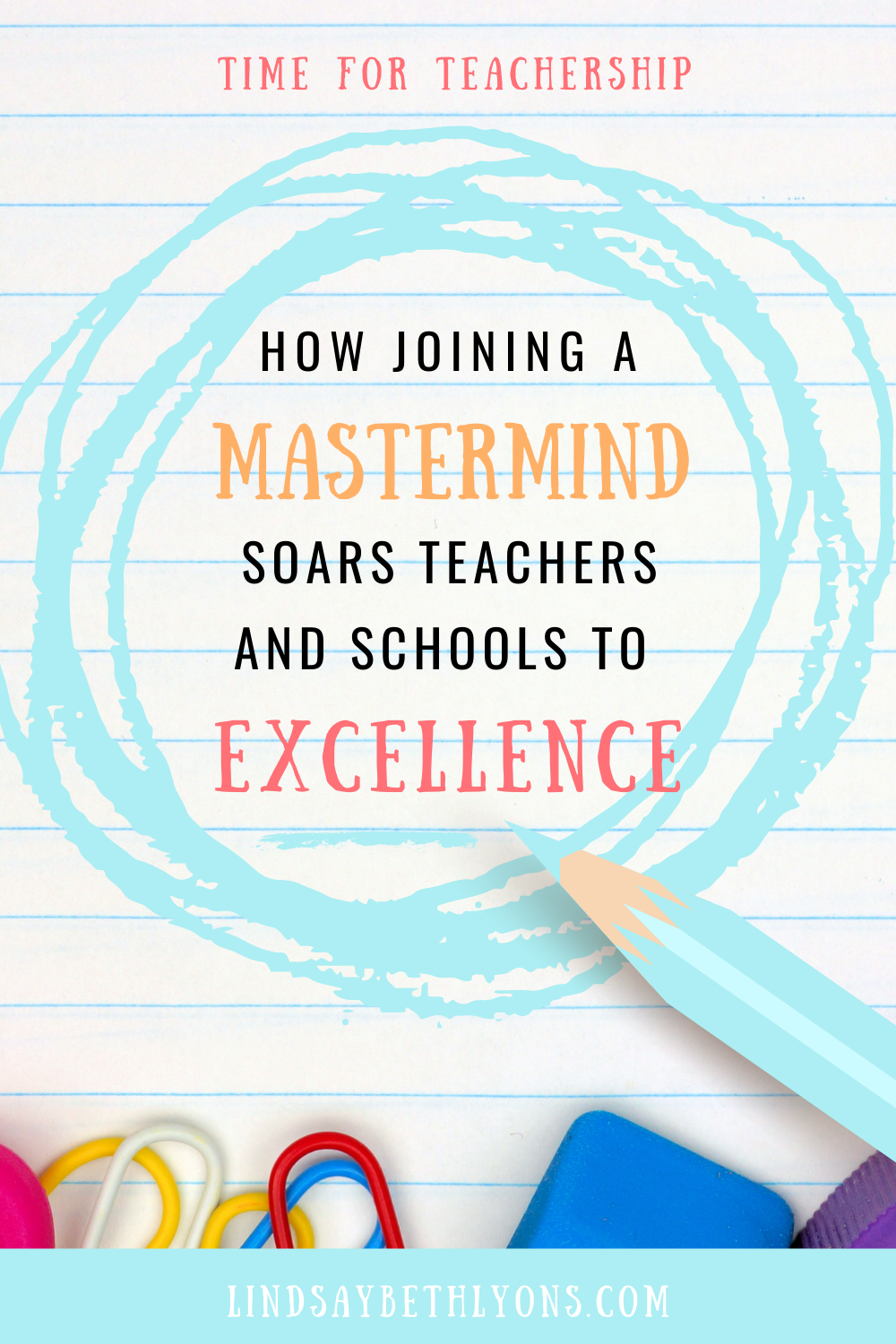
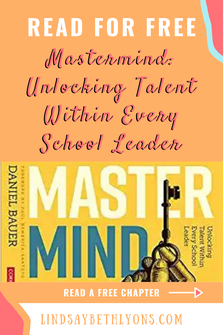
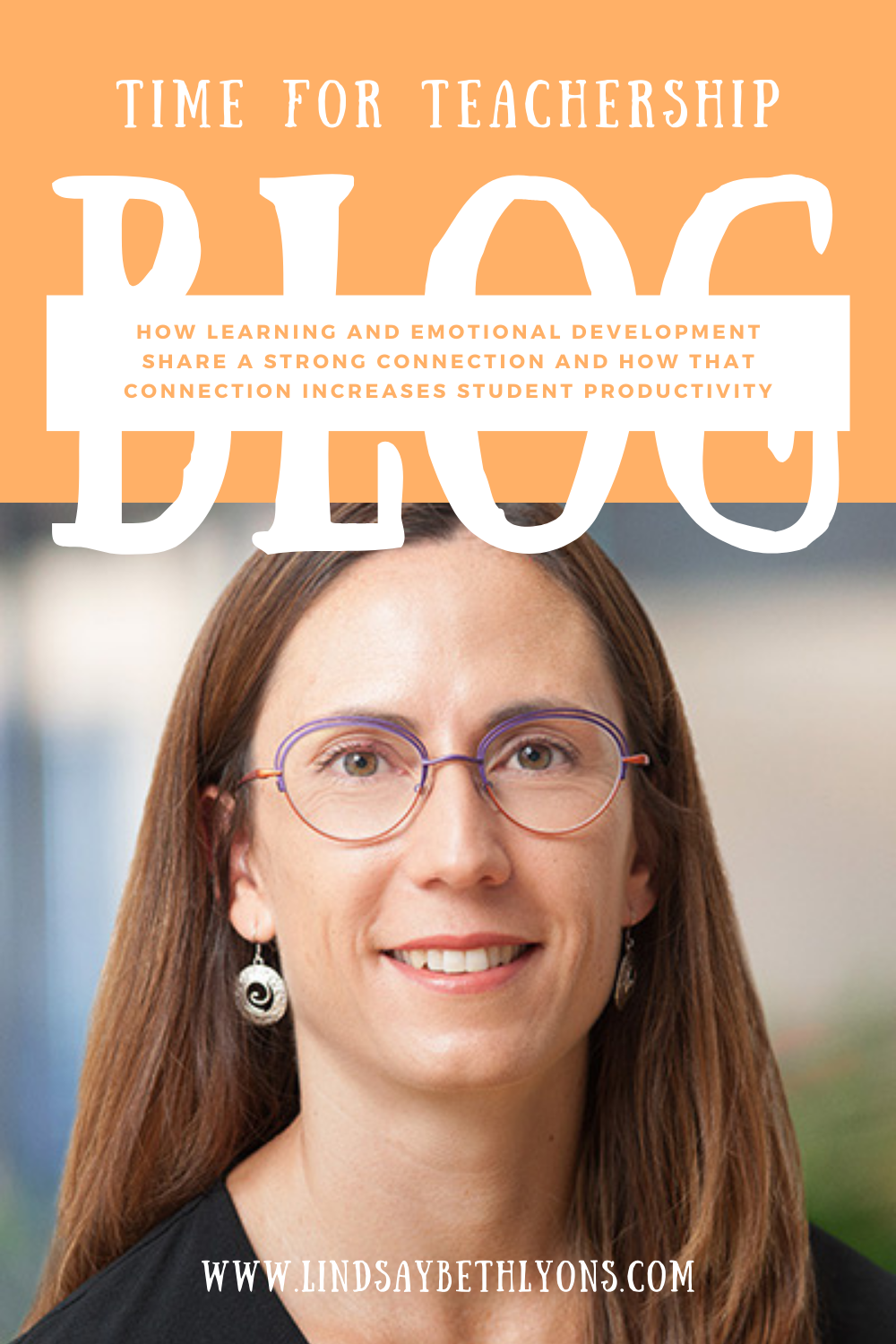
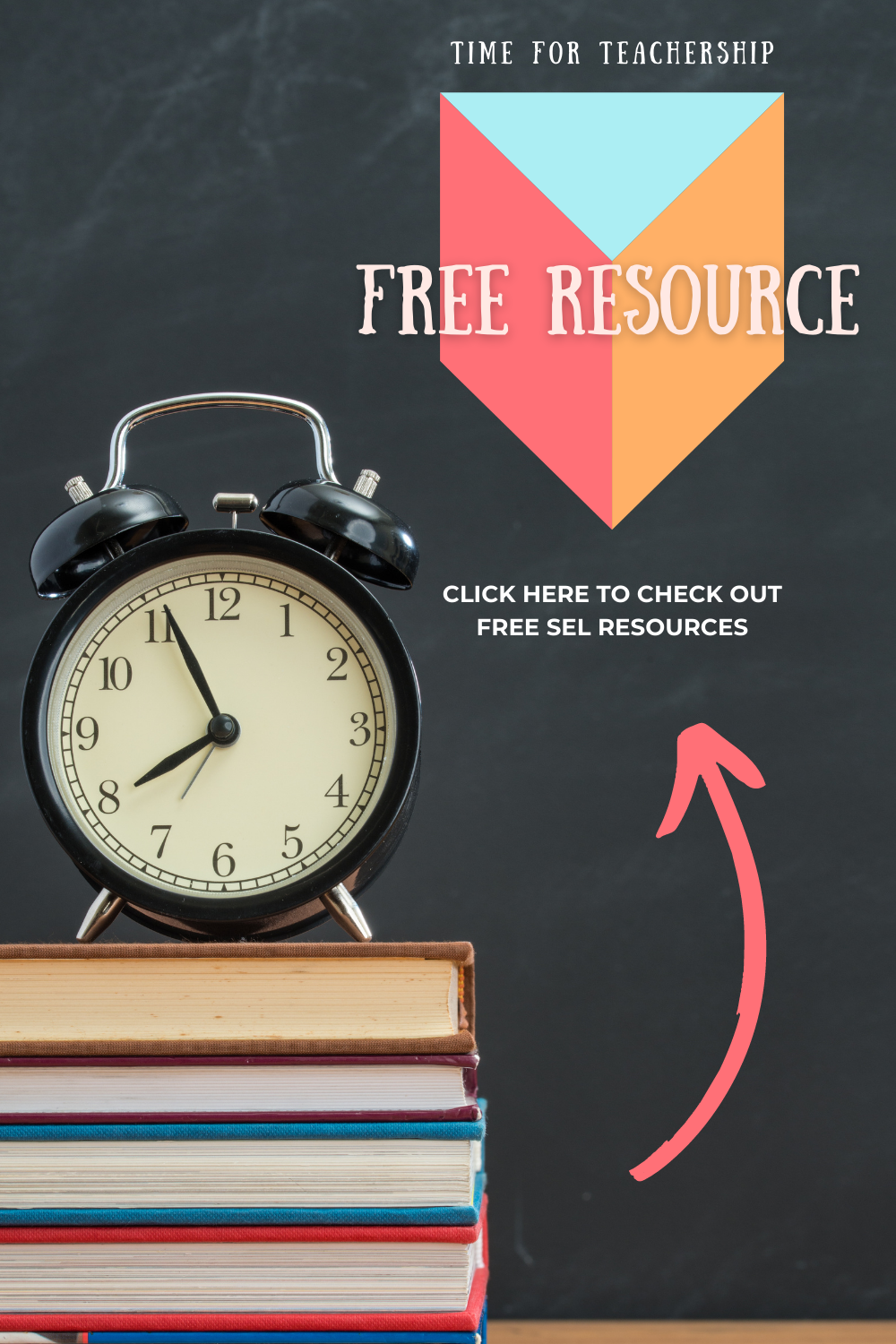
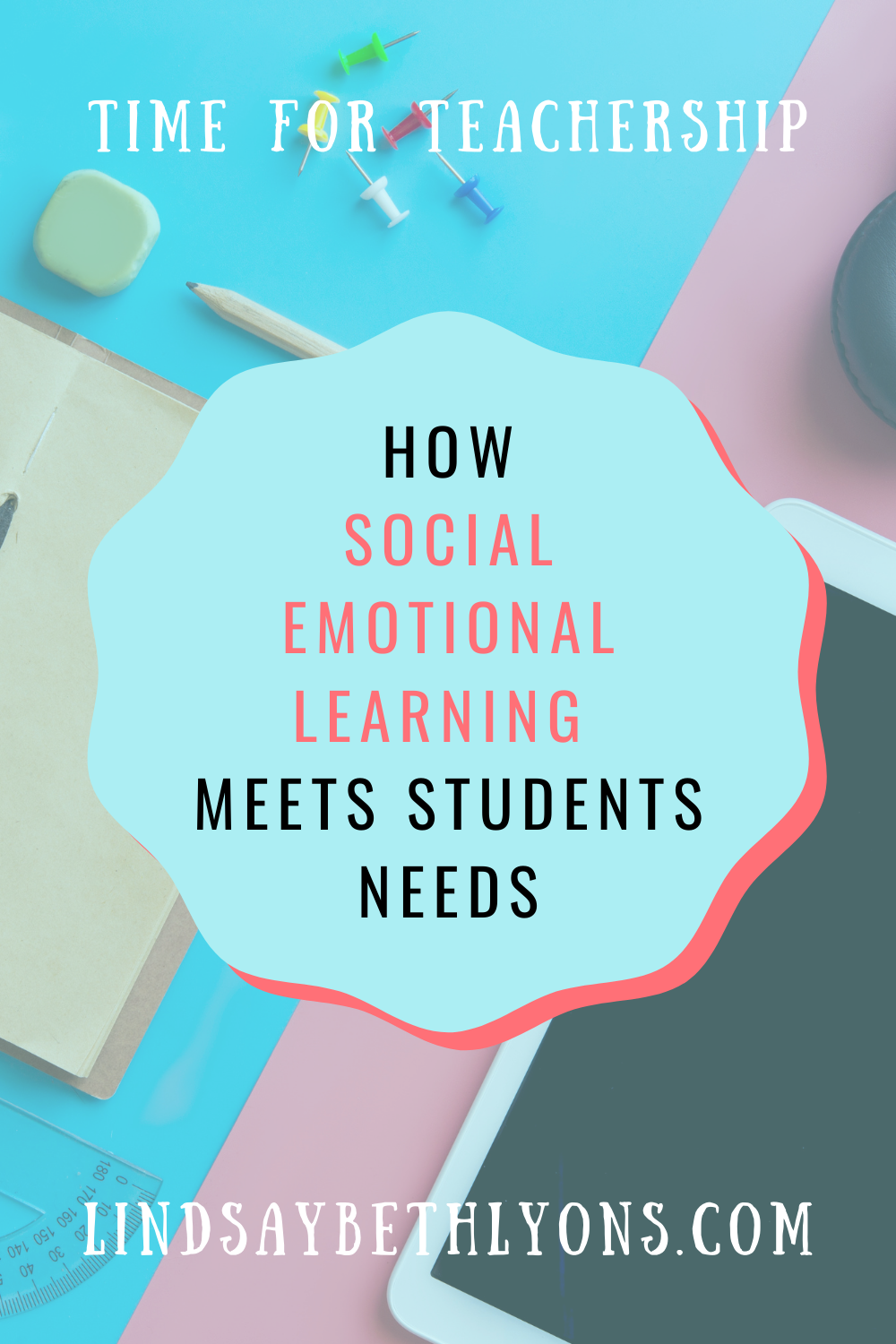
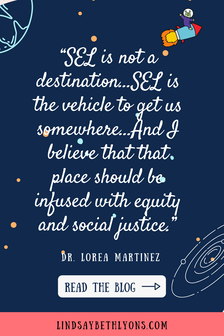
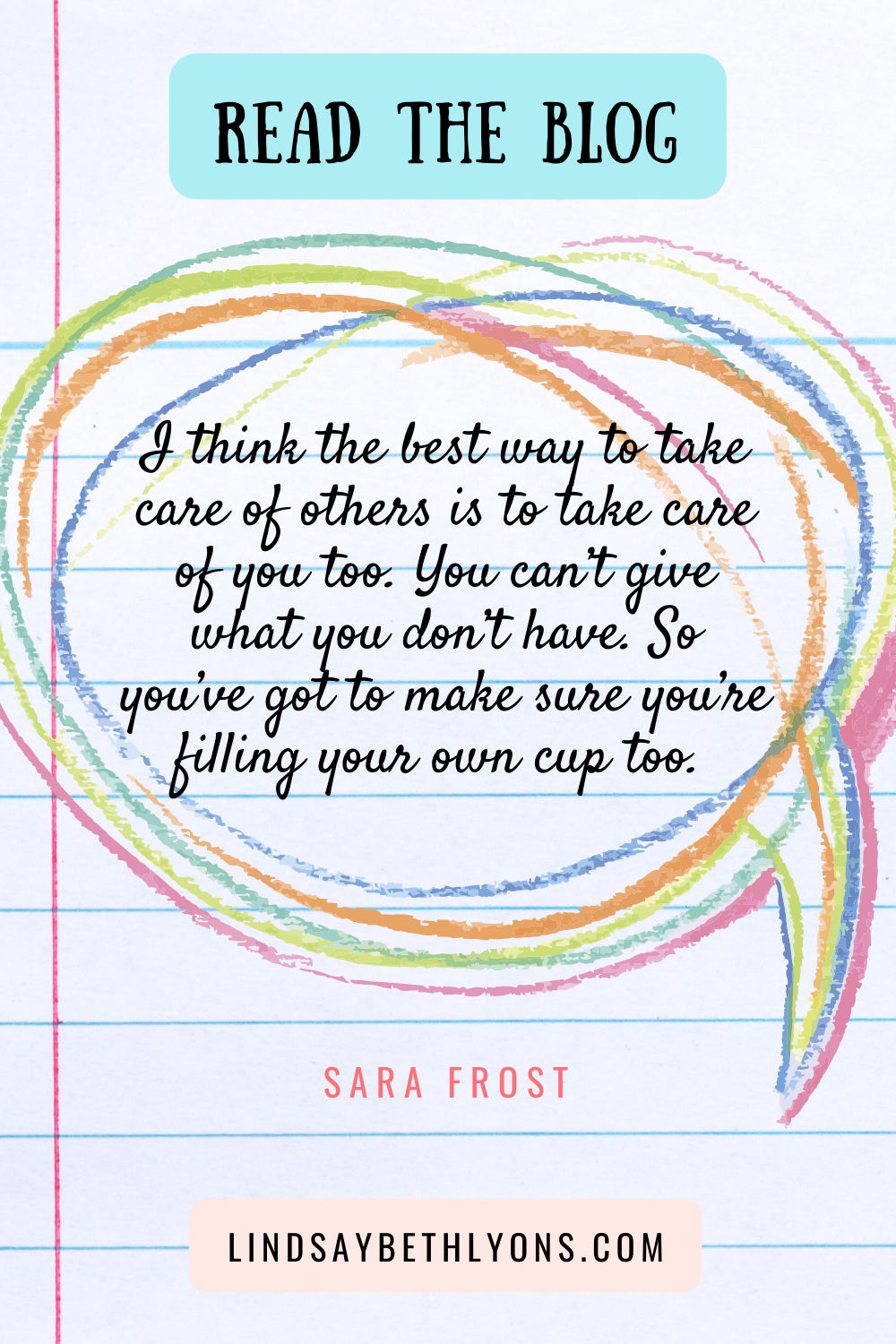
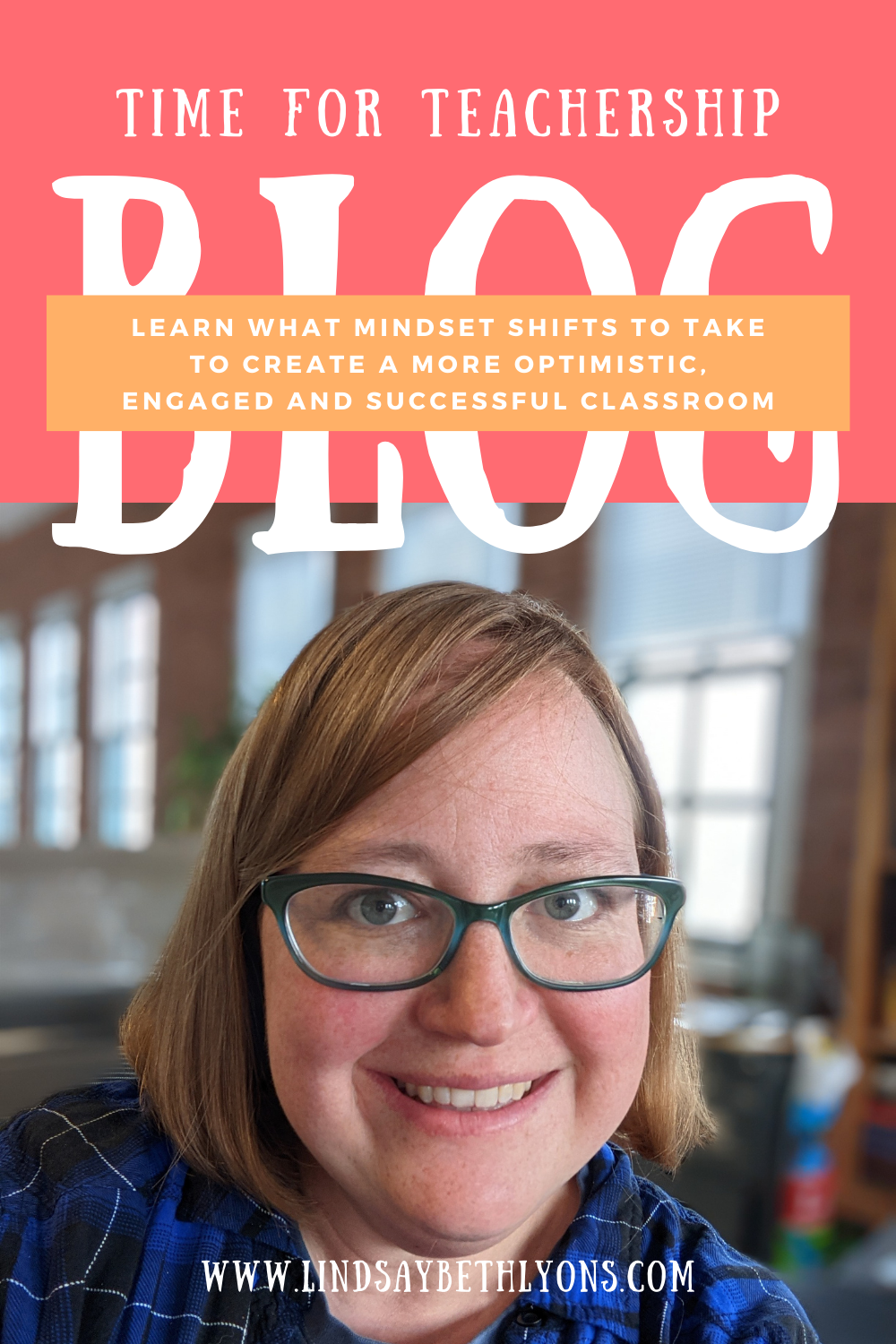
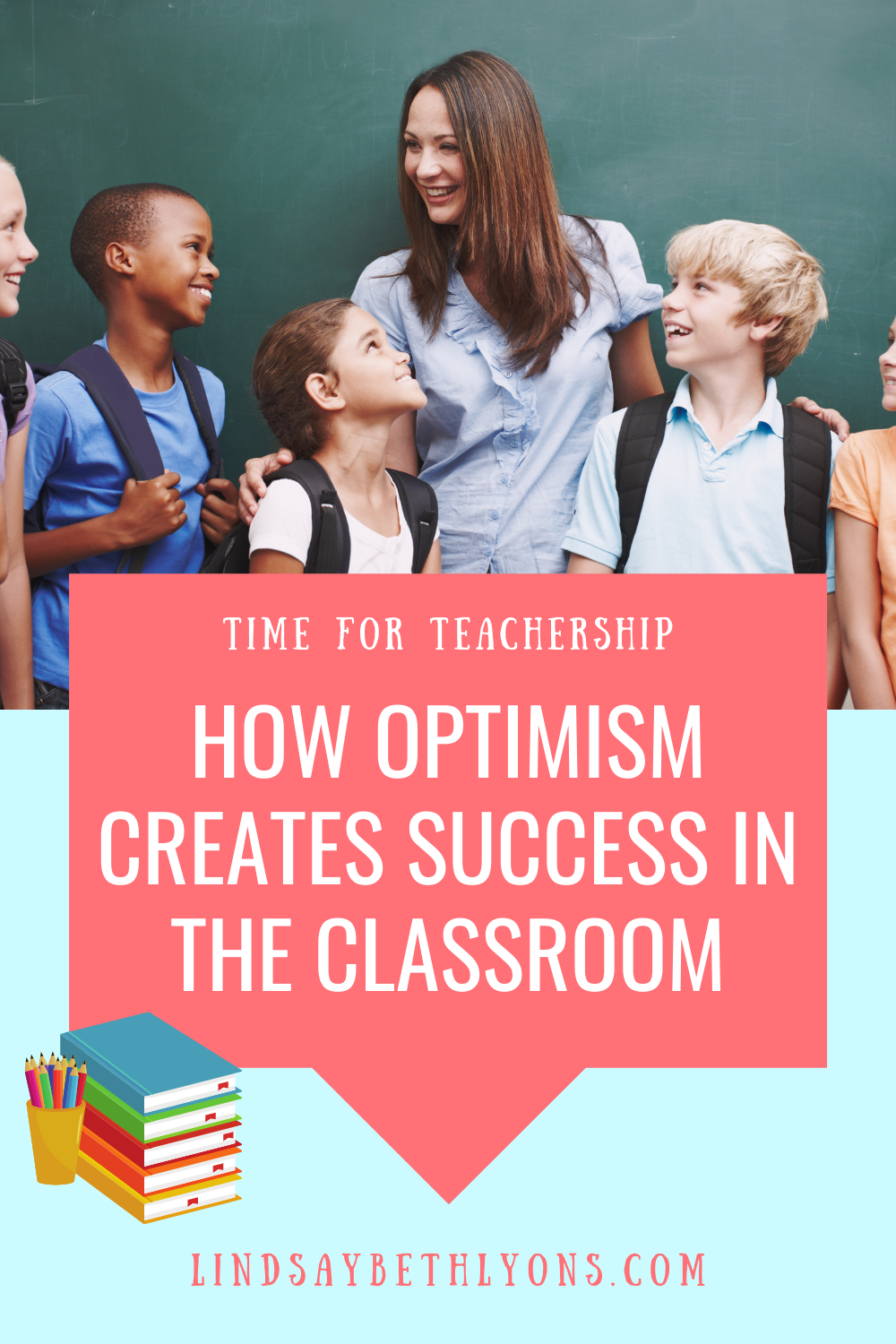
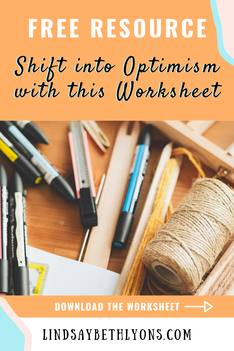
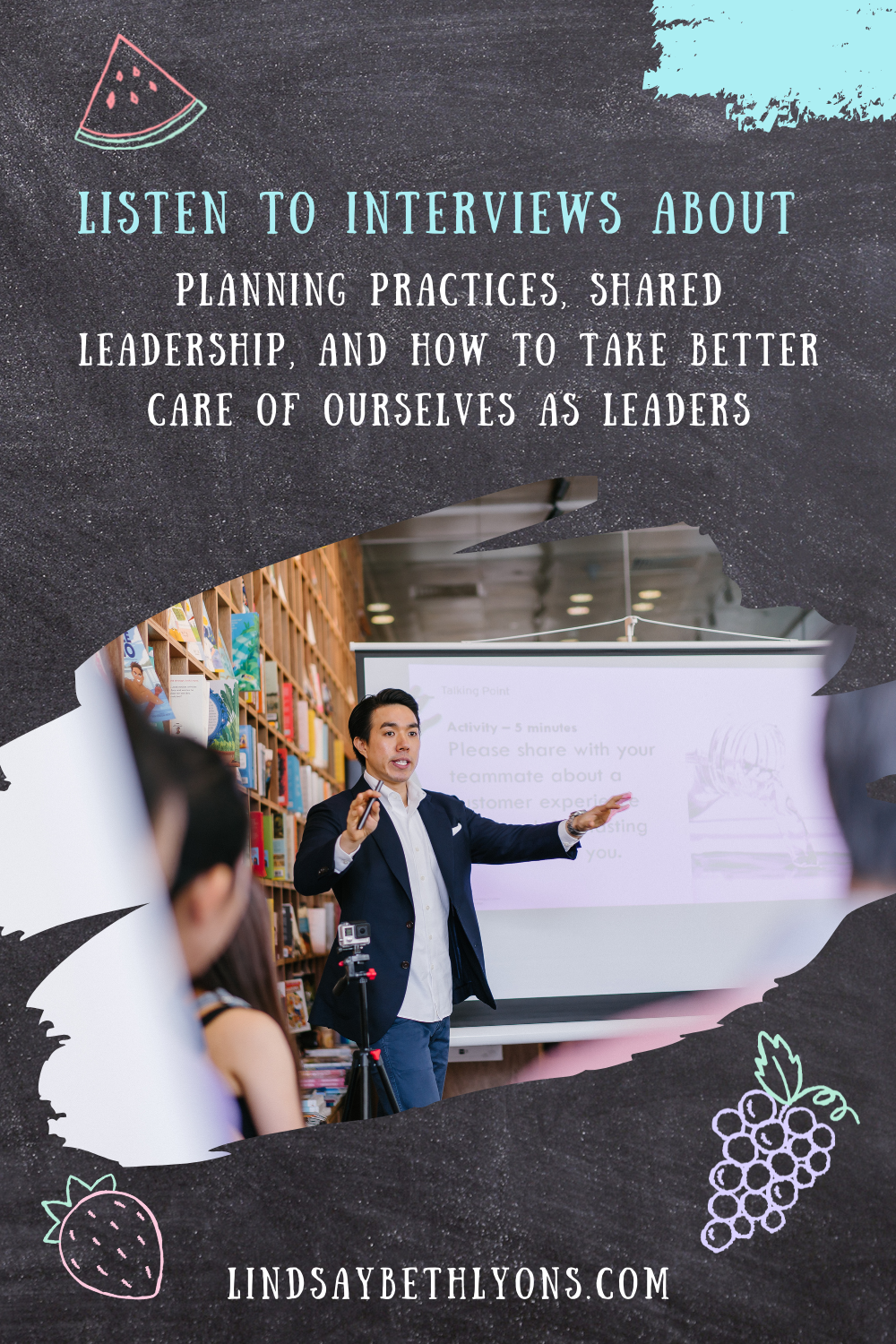
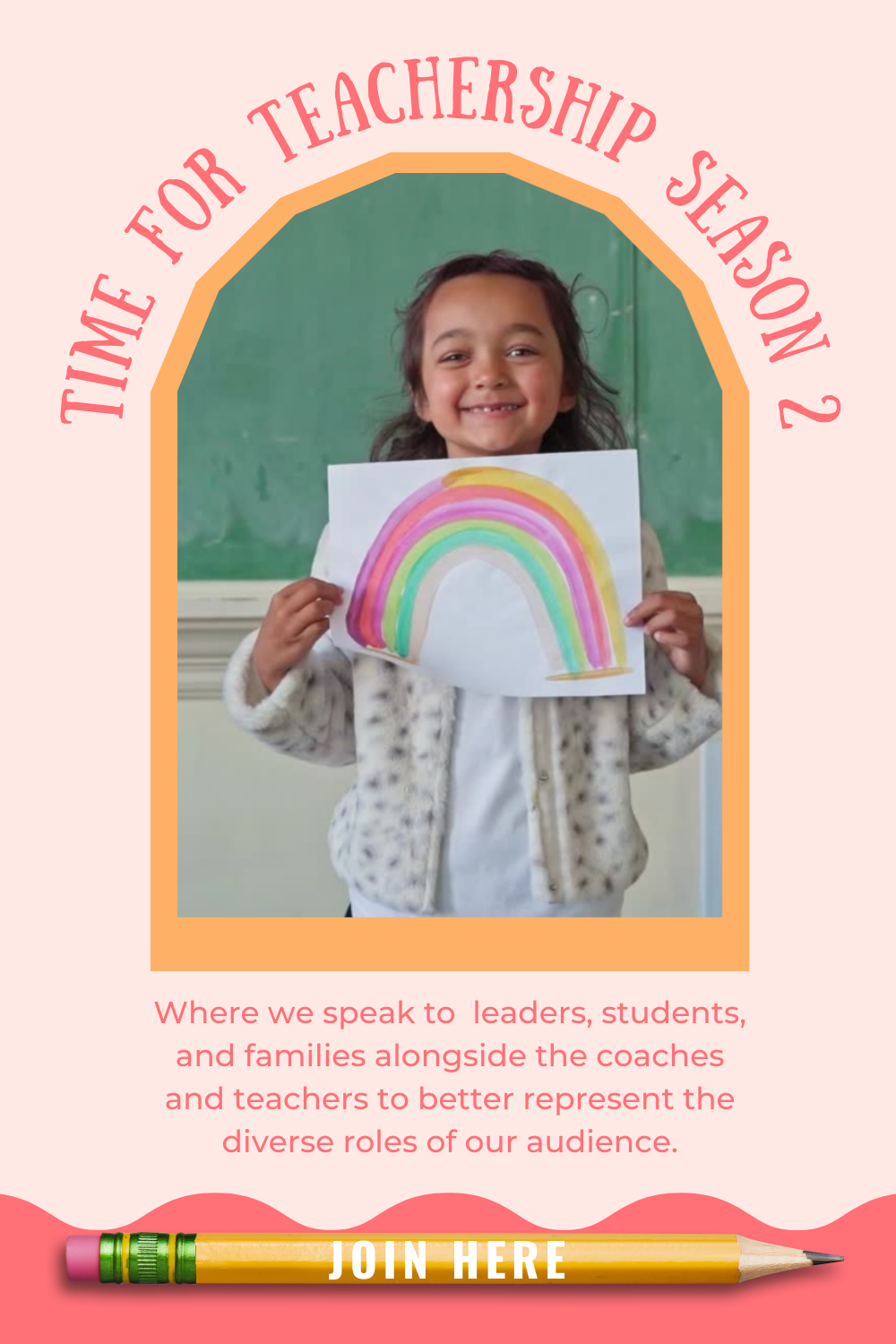
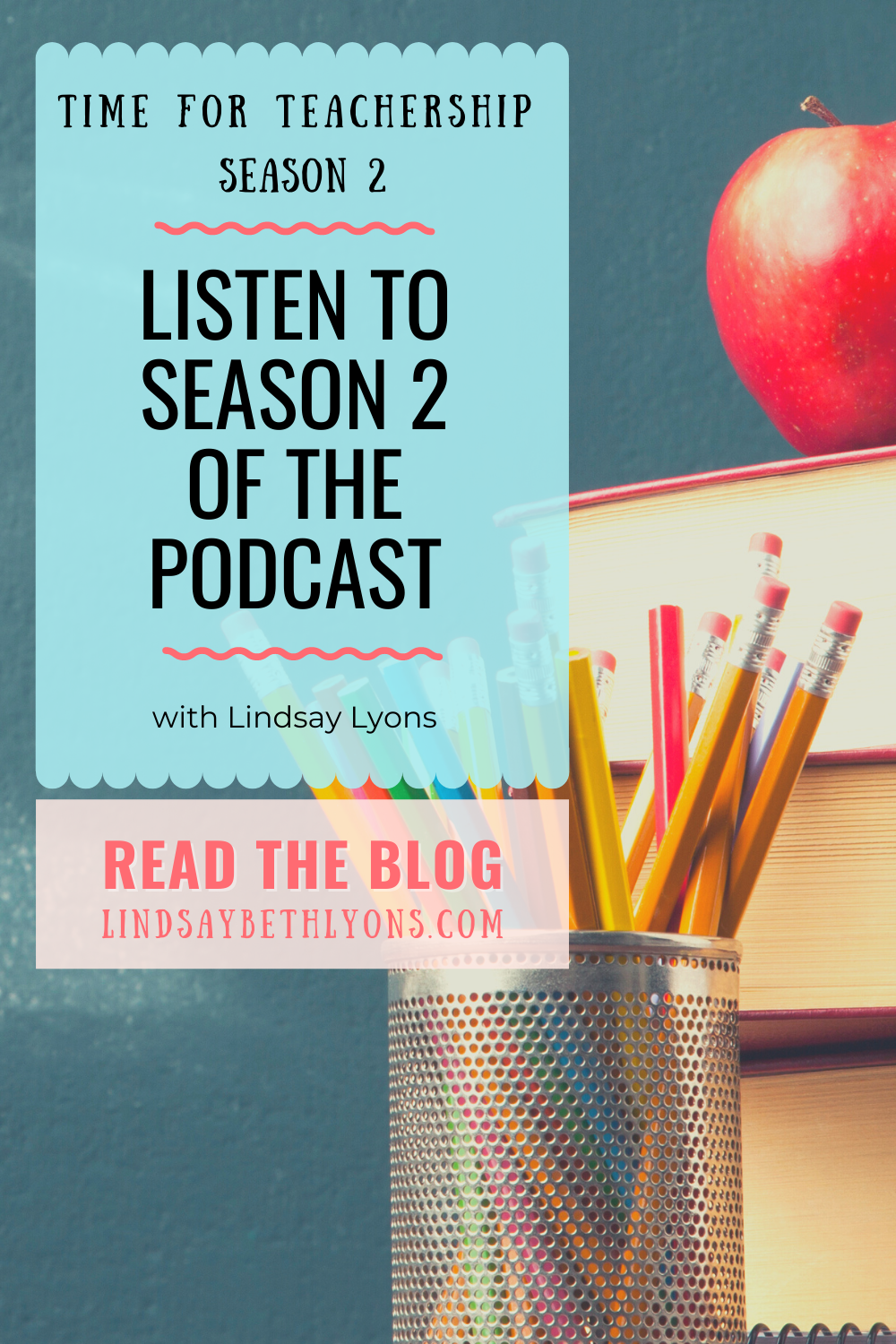
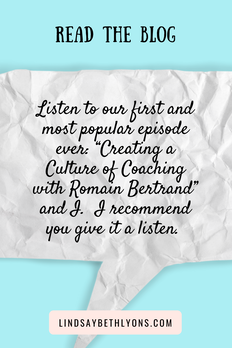

 RSS Feed
RSS Feed